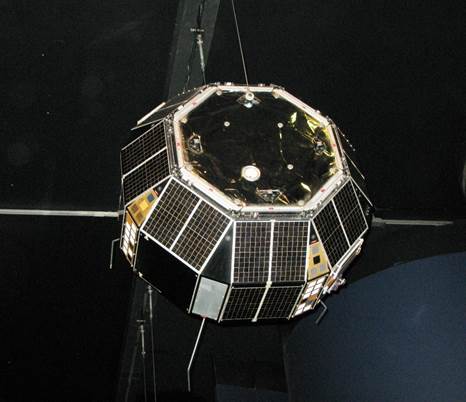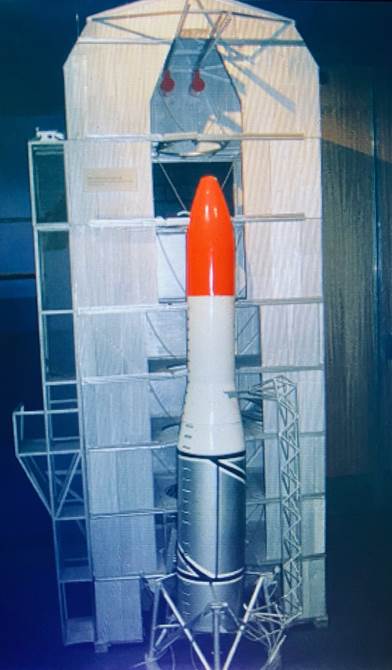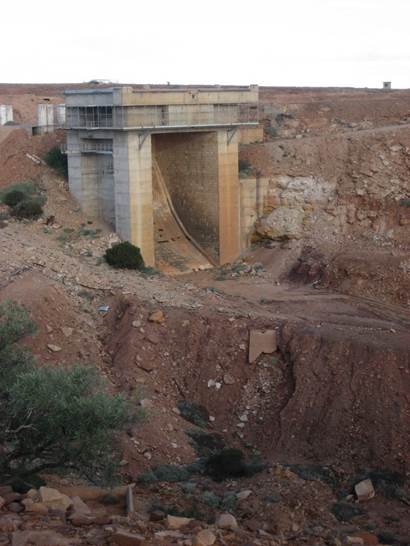This October was the 50th anniversary of the launch of the satellite ‘Prospero’, But why is this date so important and who and what is Prospero?
South Australia, 28th Oct 1971 in a desert town named Woomera, a very British event was about to happen. The UK Space Programme was at its peak, the first British satellite was about to be launched on a British rocket. It would seem that great things were about to happen down under and years of collaboration between Anglo-Australian governments was to culminate in the first space launch for Britain.
The satellite on board the Black Arrow rocket was designed to study the effects of space on communications satellites. Weighing 66kg, the satellite was built by the Royal Aircraft Establishment in Farnborough and was named ‘Puck’, after the Shakespearian sprite from A Midsummer Nights’ Dream.

However, in 1971 just months before Black Arrow was scheduled to launch Puck, the British government cancelled the space rocket programme and opted to utilise United States rockets to place satellites into orbit. By this time, the rocket and satellite were already in place at the Woomera range in South Australia and ready to go. It was decided that this would be the final time Black Arrow would be fired and Puck was renamed ‘Prospero’, after the wizard who lost all his power in the Shakespeare play, The Tempest.

The launch went well on the day with the 2-stage rocket performing as expected although some damage to one of Prospero’s antennas took place due to a collision in orbit with the rocket body. The first stage of the Black Arrow rocket fell to earth and has since been recovered by Skyrora and is currently displayed in Scotland.

Prospero is still with us. All man-made objects in space have a catalogue number, Prospero is 5580 and appears in the field of view of the Solid-State Phased Array RADAR at RAF Fylingdales approximately 5 times a day. The satellite orbits the earth every 103 minutes, whilst the upper stage of the Black Arrow component is also orbiting the earth, although our operators only track this object perhaps once a year. The original golf balls back in 1971 would have tracked Prospero 7 and a half hours after the launch.
RAF Fylingdales is a jewel in the crown of the nation. The Station has contributed to the defence of the UK, and its allies, non-stop since 1963 and is one of two founding units of UK Space Command. With a heritage of almost 60 years defending the nation and providing Space Domain Awareness, it cements Fylingdales’ place, not only in the nation’s history but its future in understanding events occurring in space.









